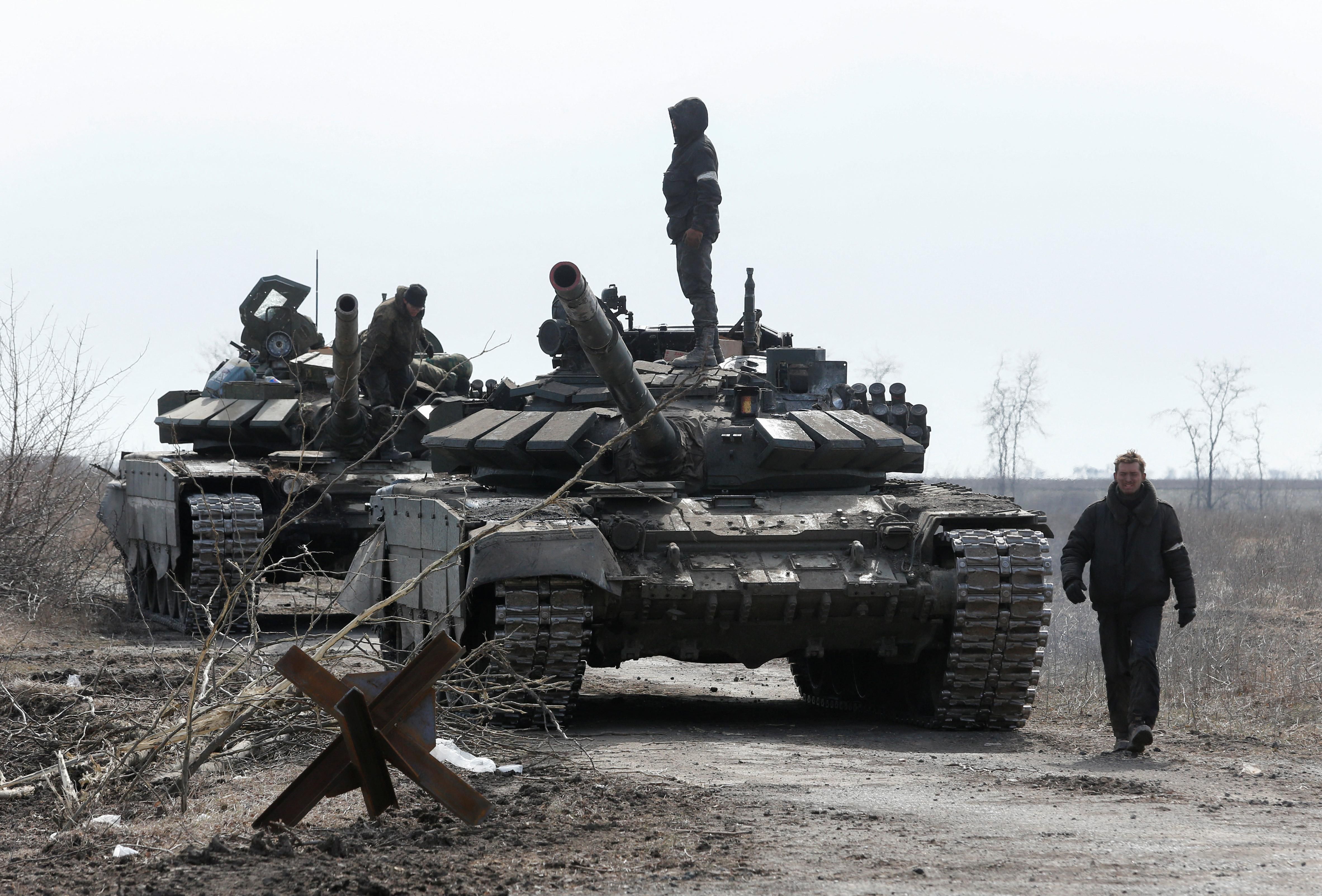Watching the War: Turkey ups peace hopes, Zelensky wants Israeli help, Mariupol siege drags on, hypersonic missiles
A glimmer of hope. Russia and Ukraine are close to reaching an agreement on four key points in peace talks brokered by Turkey, the Turkish foreign minister said on Sunday. The Russians want Kyiv to drop plans to join NATO, demilitarize and declare itself neutral, lift restrictions on the use of the Russian language, and “de-nazify.” In exchange, Moscow would presumably observe a cease-fire and withdraw its troops to the positions they held before the February 24 invasion. Sounds promising, but Vladimir Putin could simply be buying time to regroup his forces and is unlikely to compromise without a big win that he can sell to the Russian people. Although Ukraine agreeing to never join NATO falls into that category, that won't go down well with Ukrainians, the majority of whom want to join the alliance — especially after being attacked by Russia.
Will Israel pick a side? Ukraine’s President Volodymyr Zelensky on Sunday appealed to Israel for military aid against Russia. Zelensky, who’s Jewish and whose grandparents fought the Nazis in World War II, drew comparisons between what Putin is doing to Ukraine and Adolf Hitler’s “final solution” of exterminating Jews at the end of World War II (which drew the ire of some Israeli MPs). So far, though, Israel has opposed the war but has been unwilling to sanction Russia, opting instead to try to mediate between both countries.
War of attrition in Mariupol. Ukraine claimed on Sunday that Russian forces had bombed a school where some 400 people were sheltering in Mariupol, the southeastern port city that’s been encircled by the Russians for almost three weeks. The attack follows this week’s missile strike on a theater and is the latest example of the Kremlin targeting civilians to force the local population to surrender. Controlling Mariupol would allow Russian forces in the east and west to link up, but Western military analysts now believe that even if the city is taken, urban guerrilla warfare might strain the Russians so much that they won't be able to make much progress on other fronts in a war of attrition. Russia's 5 a.m. deadline to surrender Mariupol in order for residents to get safe passage out of the city.
Putin goes hypersonic. Russia announced on Saturday that it had used hypersonic missiles for the first time in combat to hit a weapons storage depot. On Sunday, it then reportedly hit a fuel depot with a similar strike. Hypersonic missiles travel at five times the speed of sound and cannot be detected or shot down by most missile-defense systems, which essentially turns Ukrainian targets into sitting ducks. What’s more, they are nuclear-capable. Still, Russia experts have downplayed the significance of their use in Ukraine, suggesting that Putin is deploying them more to show the West that he’s willing to use them rather than as something he really believes can turn the tide for Moscow.